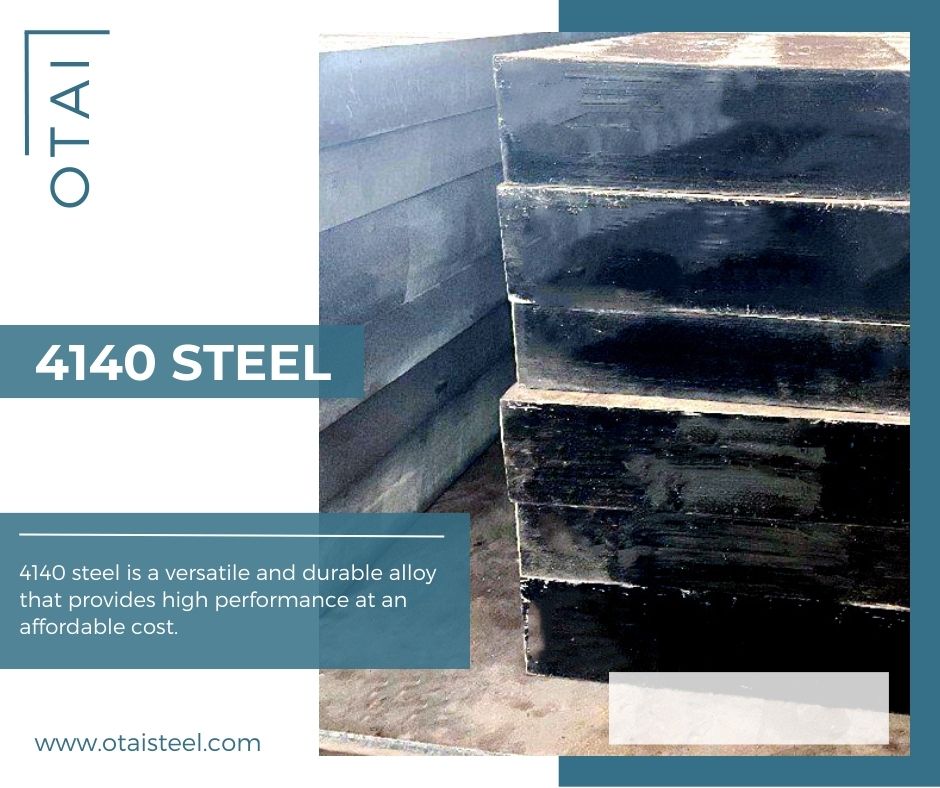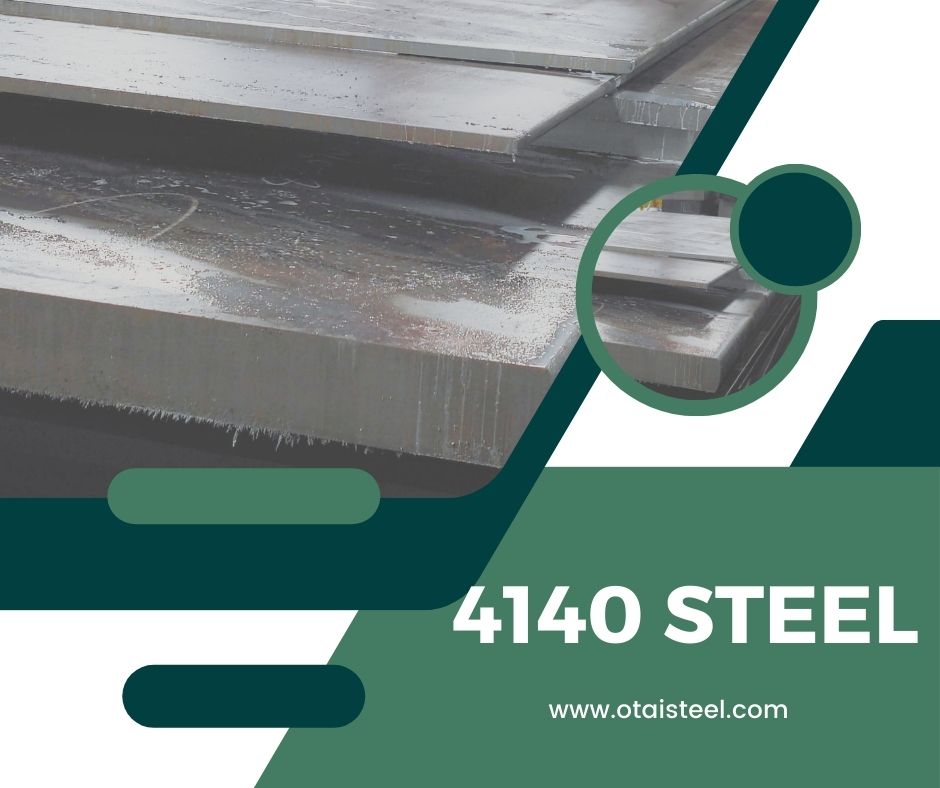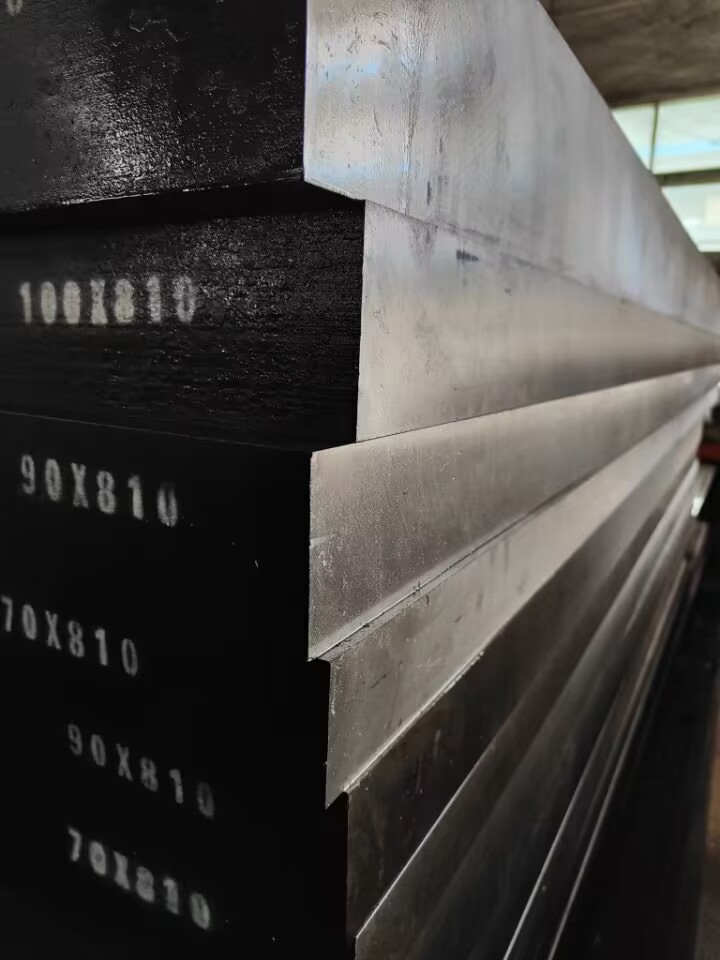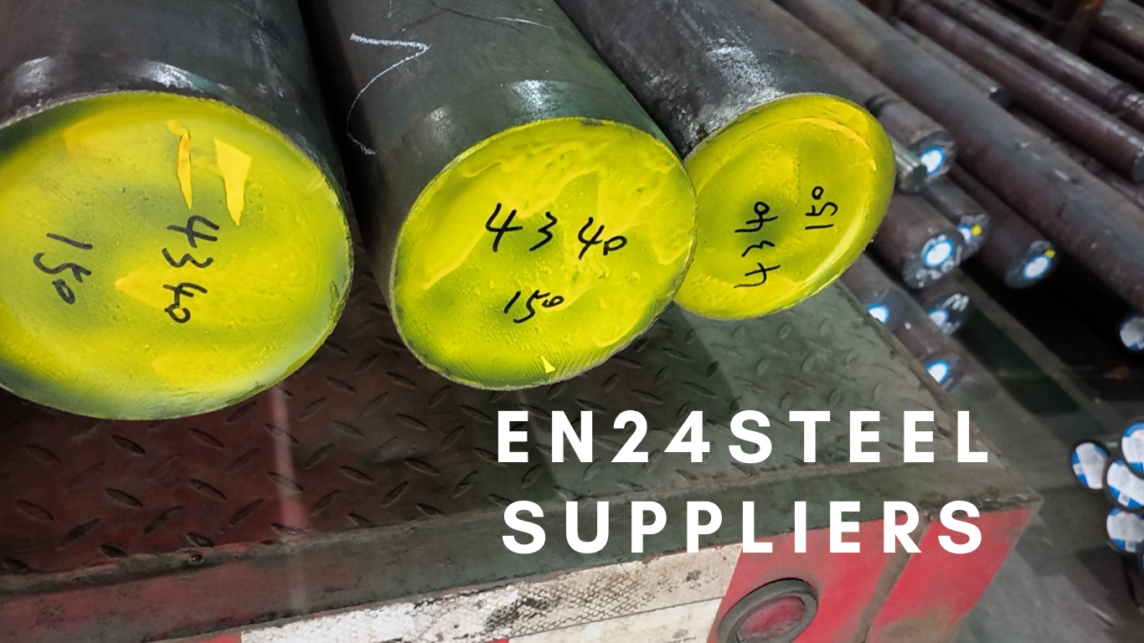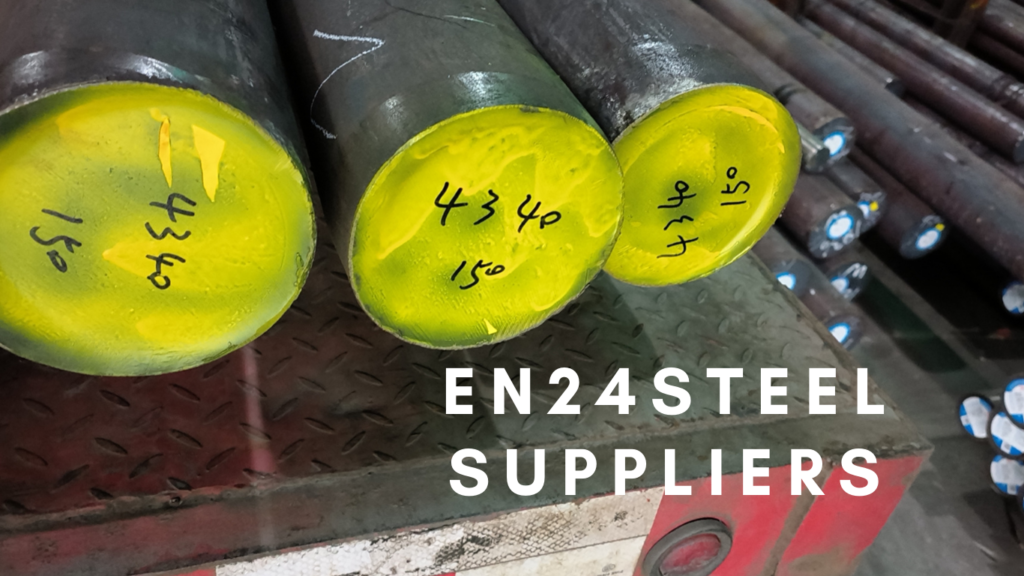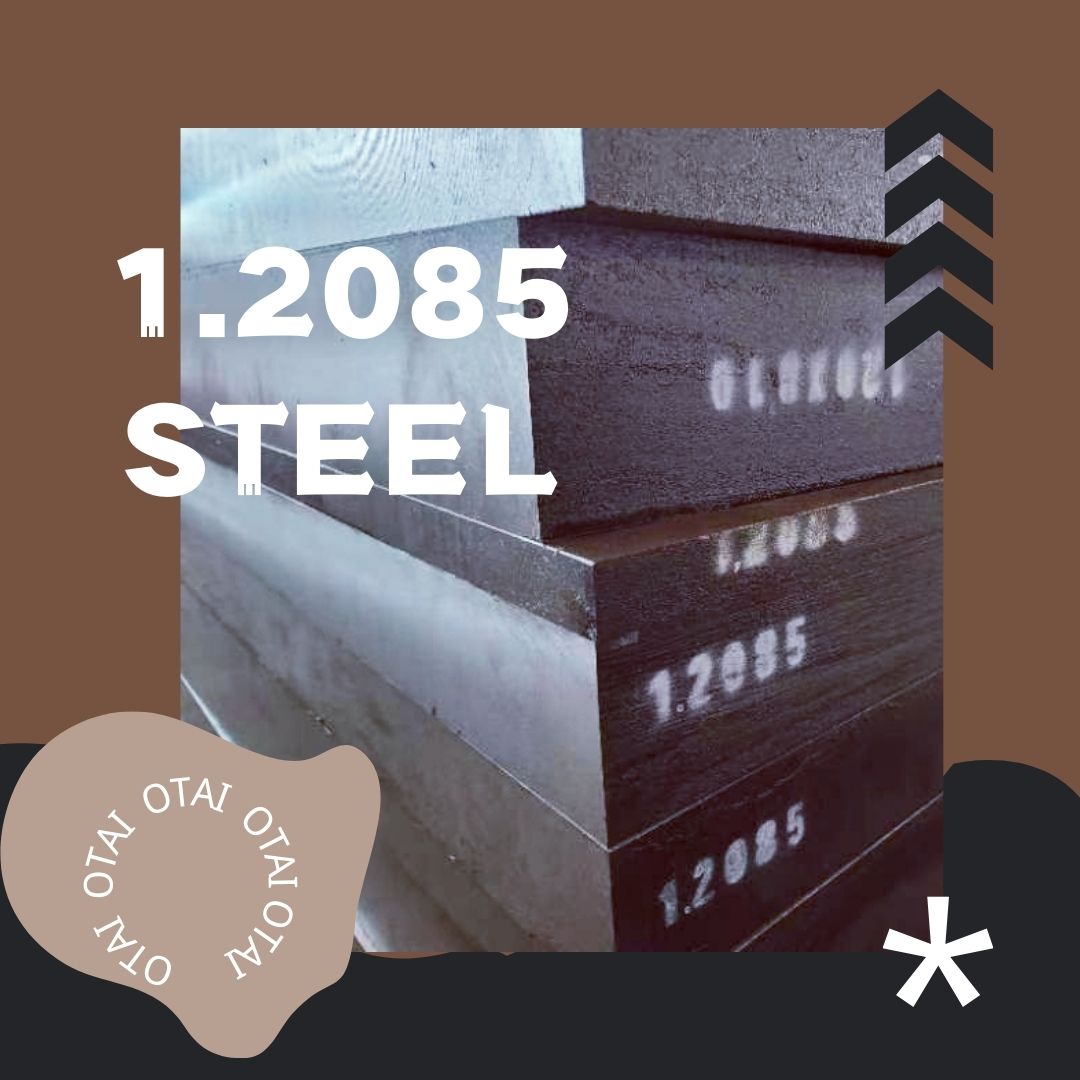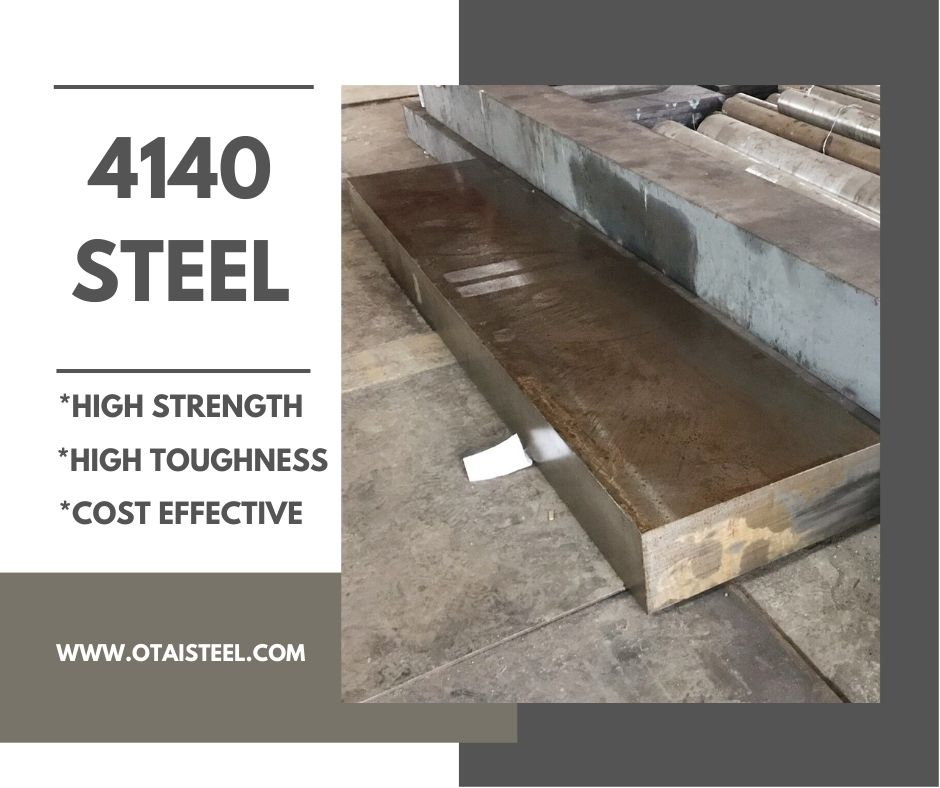 AISI/SAE 4140 steel, often simply referred to as 4140 steel, belongs to the family of alloy steels. It’s renowned for its exceptional strength, toughness, and versatility. Let’s break down the key aspects of this steel:
AISI/SAE 4140 steel, often simply referred to as 4140 steel, belongs to the family of alloy steels. It’s renowned for its exceptional strength, toughness, and versatility. Let’s break down the key aspects of this steel:
Composition and Properties
The composition of 4140 steel is a significant factor in its performance and application.
- Composition: 4140 steel is an alloy steel, primarily composed of iron with a specific composition that includes:
- Carbon (C): Approximately 0.40%
- Chromium (Cr): About 0.8%
- Manganese (Mn): Around 0.75%
- Silicon (Si): Roughly 0.25%
- Molybdenum (Mo): Typically 0.15% to 0.35%
These alloying elements, especially chromium and molybdenum, impart unique characteristics to 4140 steel.
- Properties: AISI/SAE 4140 steel offers several remarkable properties:
- High Strength: With a tensile strength of 655 megapascals (MPa), 4140 steel is known for its exceptional strength, making it ideal for structural and mechanical applications.
- Toughness: It exhibits great toughness and impact resistance, even at low temperatures.
- Hardness: 4140 steel can achieve high levels of hardness through heat treatment, making it suitable for applications requiring wear resistance.
- Weldability: While it can be welded, 4140 steel may require preheating and post-weld stress relief to prevent cracking.
Heat Treatment
One of the standout features of AISI/SAE 4140 steel is its responsiveness to heat treatment. Heat treatment allows engineers and manufacturers to tailor the material’s properties to specific requirements.
- Quenching and Tempering: 4140 steel is often subjected to quenching and tempering processes. Quenching involves rapid cooling from a high temperature to achieve high hardness, while tempering reduces the hardness to enhance toughness.
- Annealing: Annealing is a heat treatment process that involves slow cooling to relieve internal stresses and improve machinability.
- Normalizing: Normalizing is another heat treatment option that refines the microstructure of the steel, enhancing its mechanical properties.
The ability to customize the properties of 4140 steel through heat treatment makes it a popular choice in industries like automotive, aerospace, and manufacturing.
Applications of 4140 Steel
AISI/SAE 4140 steel’s versatility shines through in its wide range of applications. Let’s explore where you’ll commonly find this remarkable alloy:
- Automotive Industry: 4140 steel is used in critical automotive components such as crankshafts, connecting rods, and axles due to its exceptional strength and durability.
- Aerospace Industry: In the aerospace sector, 4140 steel finds its place in the manufacturing of aircraft landing gear components, which require a combination of strength and toughness.
- Oil and Gas Industry: The industry relies on 4140 steel for downhole drilling tools and components subjected to high stress and wear.
- Manufacturing and Machinery: It’s a preferred choice for manufacturing and machinery components like gears, shafts, and couplings, where high strength and wear resistance are crucial.
- Construction: In construction, 4140 steel is used for structural and load-bearing components in buildings and bridges.
- Firearms: Many firearm components, such as barrels and receivers, are crafted from 4140 steel due to its durability and impact resistance.
Machinability
The machinability of 4140 steel is another aspect that deserves attention. While it’s a tough and durable material, it’s not always the easiest to machine. Factors that affect machinability include the hardness of the material and the cutting tools used. For optimal results, machining 4140 steel often requires the use of sharp tools and appropriate cutting speeds.
Corrosion Resistance
4140 steel, like many alloy steels, is not inherently corrosion-resistant. However, its chromium content imparts some level of resistance to corrosion. Nonetheless, it’s important to note that 4140 steel can still corrode under certain conditions. So it may require protective coatings or regular maintenance in corrosive environments.
Cost Considerations
The cost of AISI/SAE 4140 steel can vary depending on factors such as market conditions, availability, and the specific form of the material required. Generally, 4140 steel, with its alloying elements, tends to be more expensive than plain carbon steels like A36 due to the added cost of alloying materials.
Sustainability and Recycling
In an age where environmental concerns are paramount, it’s worth noting that 4140 steel, like other steel alloys, is highly recyclable. The recycling process for steel is energy-efficient and contributes to reducing the environmental impact of production. This makes 4140 steel a sustainable choice for various industries.
AISI/SAE 4140 steel is a remarkable alloy that has found its place in a multitude of industries. Its unique composition, exceptional strength, and versatility make it a top choice for applications where high strength, toughness, and wear resistance are essential. From automotive components to aerospace equipment and construction, 4140 steel continues to shape our modern world.
As you consider using this versatile alloy for your projects, keep in mind the importance of heat treatment in tailoring its properties to your specific needs. Whether it’s achieving high hardness for wear resistance or maintaining toughness in critical components, 4140 steel’s adaptability is a significant advantage.
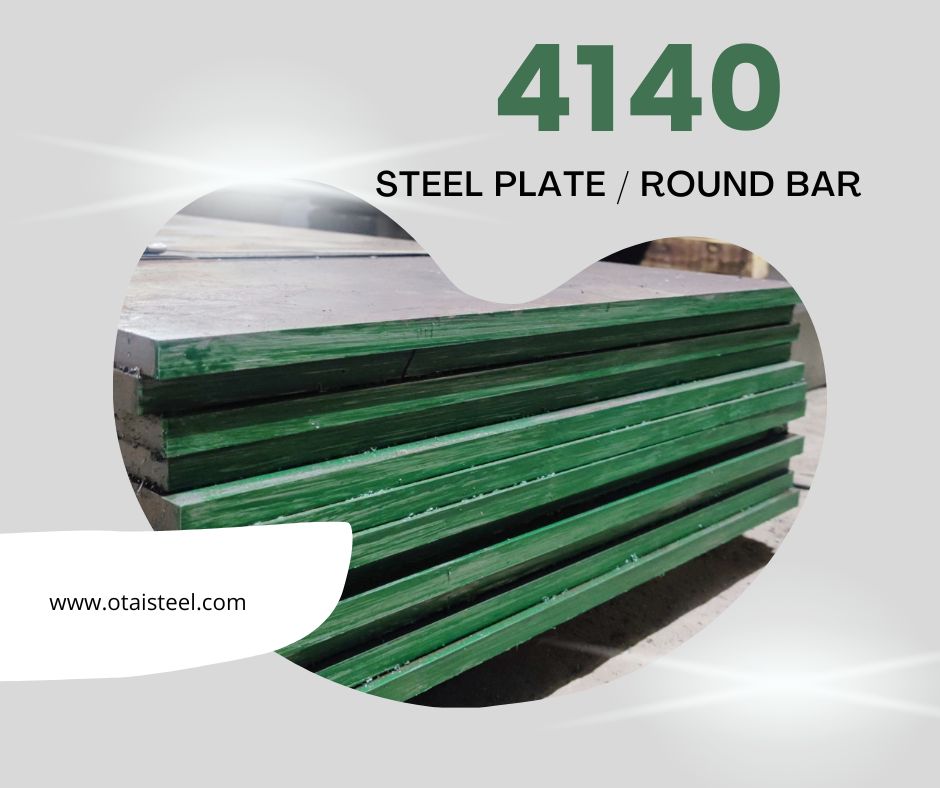
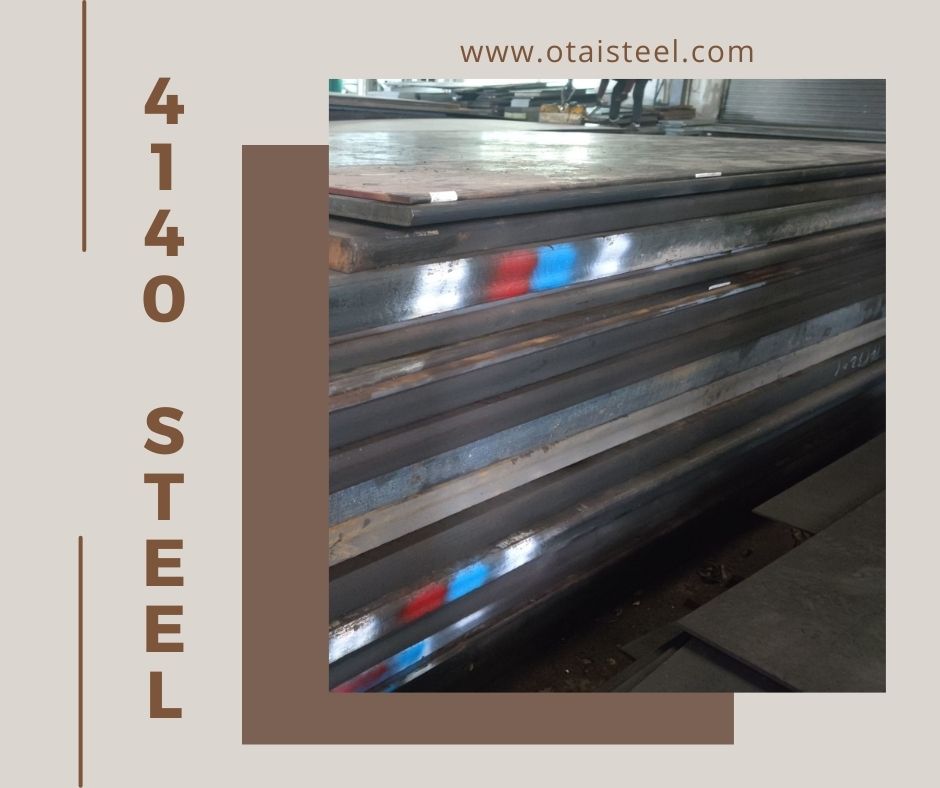
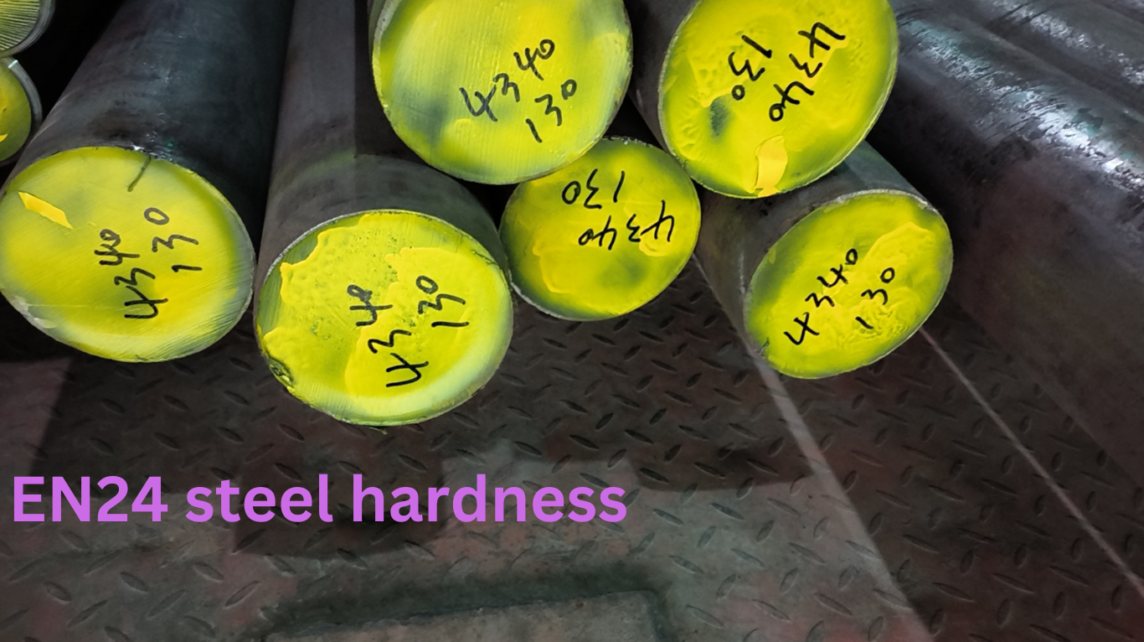
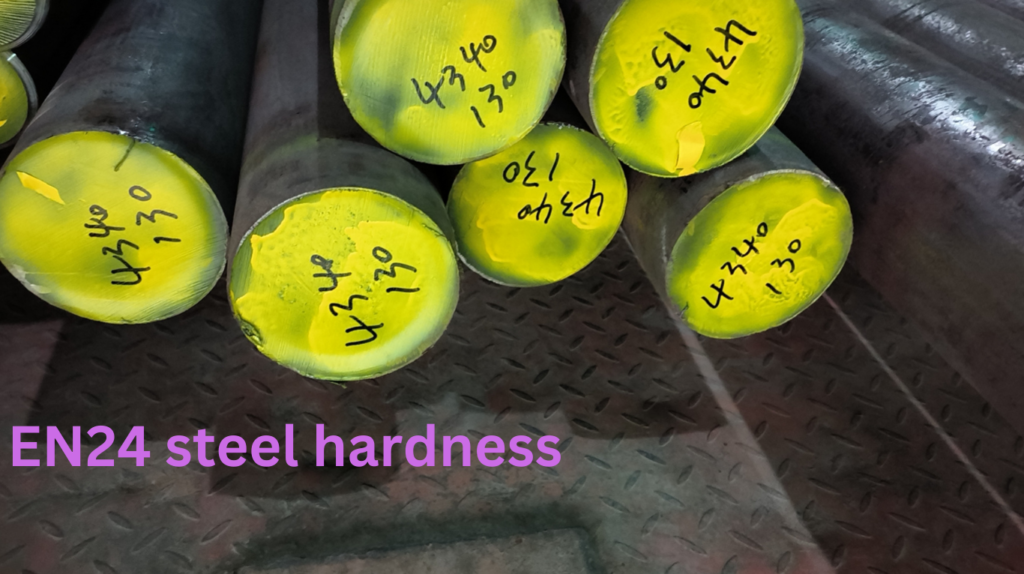 Decoding EN24 Steel Hardness
Decoding EN24 Steel Hardness